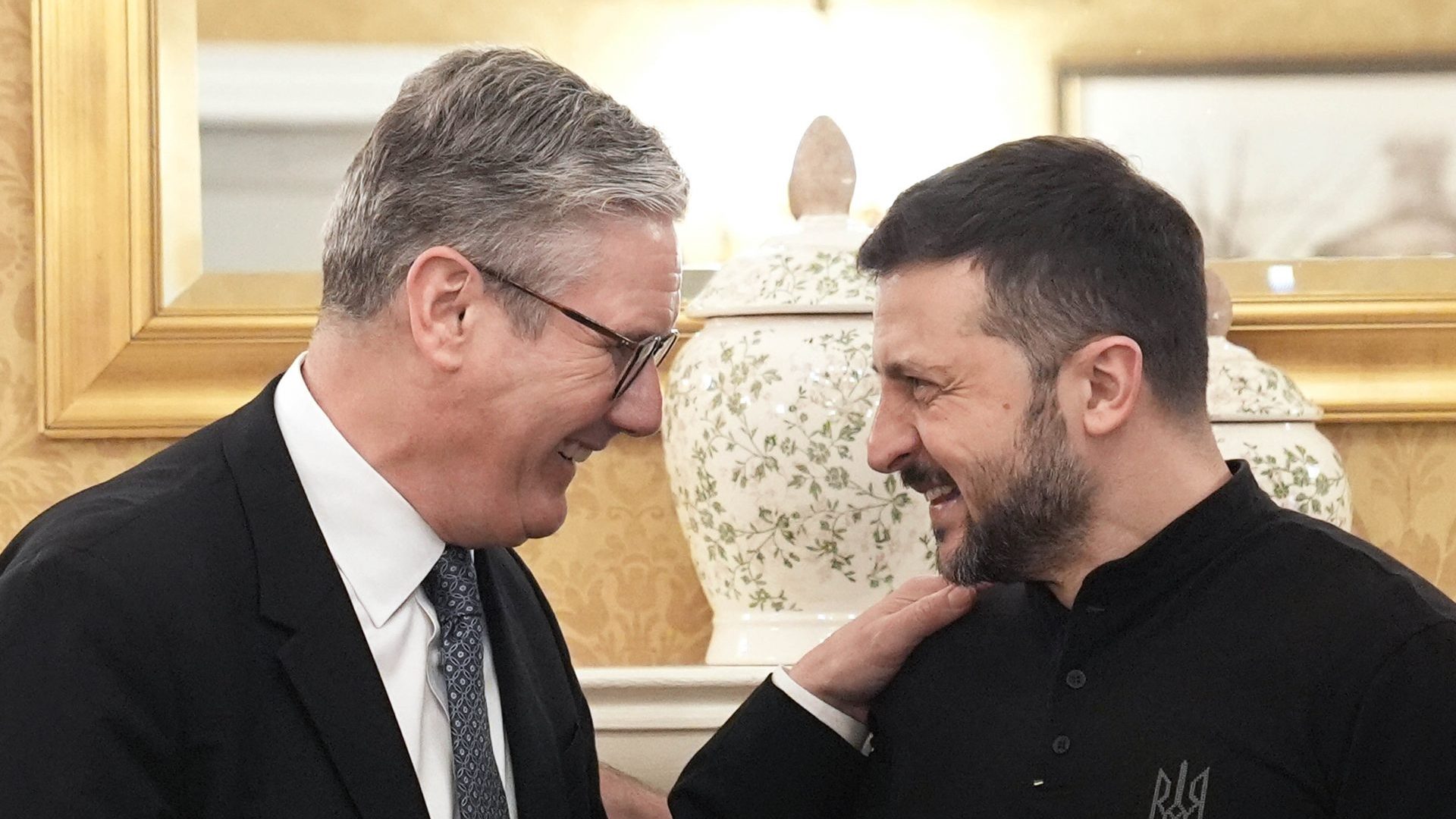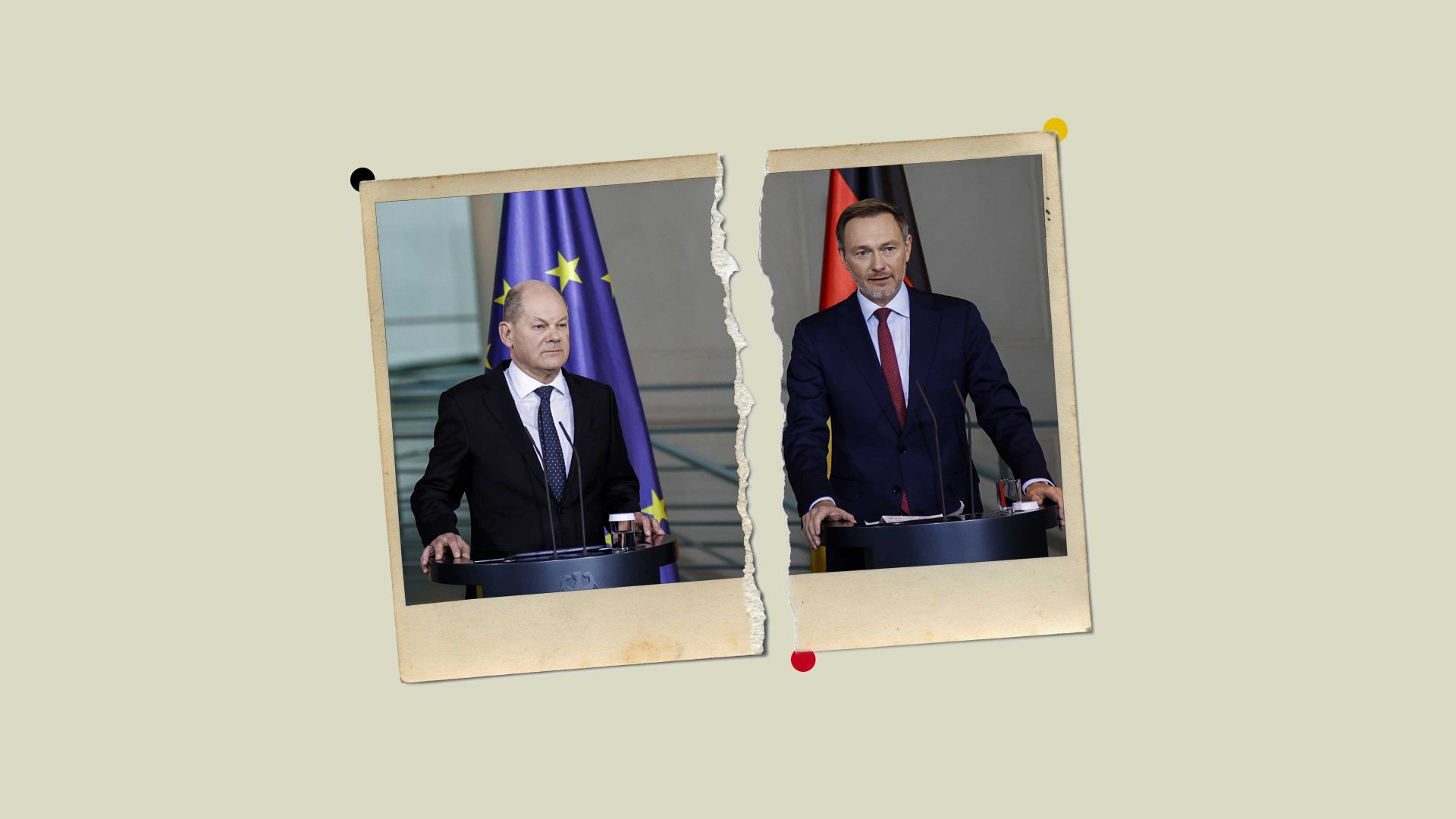Donald Trump’s second victory will change geopolitics profoundly. It pulls the plug on the most fundamental assumptions of the post-1945 period: that American democracy is stable, and that the USA wants to be the linchpin of the rules-based order.
That, in turn, poses a major challenge for Keir Starmer because it calls into question the most basic tenet of Labour foreign policy: that Britain’s role in the world is to keep America invested in the defence of Europe, by playing a leading continental role.
This Euro-Atlanticist worldview dates right back to Ernest Bevin and the foundation of Nato in 1948. In return for being America’s leading ally, and honing our armed forces into the sharp edge of an American-led force, the theory was that Britain gained decisive influence in Washington.
Now, however, the theory may no longer hold. Trump has previously threatened to pull America out of Nato. He will probably attempt to force Ukraine into a humiliating peace with Russia, directly countermanding the UK’s foreign policy objectives there.
He will back to the hilt the lawbreaking Netanyahu administration in Israel, risking an all-out war with Iran that Britain has worked for decades to prevent. And he will encourage the forces of disintegration and democratic decay in Europe.
I have no problem with Starmer, David Lammy and the rest rushing to ingratiate themselves with Trump. Given that we are reliant on America for everything from nuclear warheads to military satellites to software upgrades for our fighter jets, it is obligatory. The problem is, having done so, what is Labour’s proposed strategy for dealing with the potential collapse of the western alliance?
There are only three potential courses of action. The first is be to become a loyal geopolitical sidekick to Trump. The second is to revert to Euro-centricity. The third is to become a surrogate America, holding the fort for the rules-based order alongside key democratic allies like France, Poland, the Nordics and Japan, in the hope that some semblance of normality can be restored in four years’ time.
In formulating a choice, Starmer and his new national security adviser, Jonathan Powell, will be required to start from a concept that is not traditionally central to Labour thinking on geopolitics: the national interest.
Everyone pays lip service to the term. But for three generations Labour politicians have lived in a world where Britain’s interests are conceived as shared with partners in a multilateral network of alliances: Nato, the EU, the UN and the European Convention.
Brexit apart, the Brits have been joiners, not leavers, and in British politics Labour has been the most enthusiastic joiner.
Now we are faced with an American public that has backed racism, isolationism and economic nationalism – and the coming Orbanisation of American politics could enshrine that choice as permanent.
As a result, the UK needs to start calibrating its national interest as if it is faced not only with enemies and competitors, but also highly frictional and untrustworthy allies.
This will not come easily to Starmer or the Labour political tradition he is part of. The average Labour MP is not interested in foreign policy, let alone “strategy” in the geopolitical sense, and very few frontline politicians have the lexicon and education to deal with these challenges. Plus, the default strategy of the Blairite generation Powell comes from was to align with America.
In the era of global disintegration, this mindset has to change. Starmer, who came to power to deliver high growth, safe streets and green energy, will have to spend a considerable proportion of his energy on geopolitics. Trump himself – a perpetually attention-seeking chaos engine – will occupy Starmer’s waking hours.
So once the handshakes are done, and the congratulations sent, Starmer has to present Trump with a clear statement of Britain’s national strategy – through actions as well as words.
The issues are urgent: will we stand with Ukraine or let it fall? Will we use our limited diplomatic clout in the Middle East to help prevent an all-out war between Israel and Iran? Or will we become unwilling participants in the drive towards it?
We need our politicians to embrace the reality of “power” and how it is created in the geopolitical sense. There is a time value to action, decisiveness and leadership. There is a diplomatic value also to being strong and clear: both Trump and Vladimir Putin are bullies who respect force and despise compliance.
The UK remains a significant global actor and we must use what power we have to preserve – and where possible recreate – islands of democratic order and networks of collaboration to enhance our security and prosperity.
Since America is no longer a stable democracy nor a trustworthy ally, Britain should orient to a stronger and strategically more autonomous Europe. And since European countries themselves are a mixed bag when it comes to both self-defence and democratic resilience, we should construct a coalition of willing countries on both counts.
Of the two pressing theatres of conflict, the one where Britain can have the greatest impact is Ukraine. If Britain were to stand up and lead an alliance of willing countries to replace the military aid and expertise Trump might now withdraw, our status in the world would rise and our national security would be enhanced.
Tony Blair had four years to set his domestic agenda before it got swamped by a geopolitical crisis. Starmer was given just five months.
Much as he might like to be defined by his achievements against Labour’s five missions, I suspect it is against Mission Zero – maintaining British national security and democratic resilience – that history will weigh his time in office.




